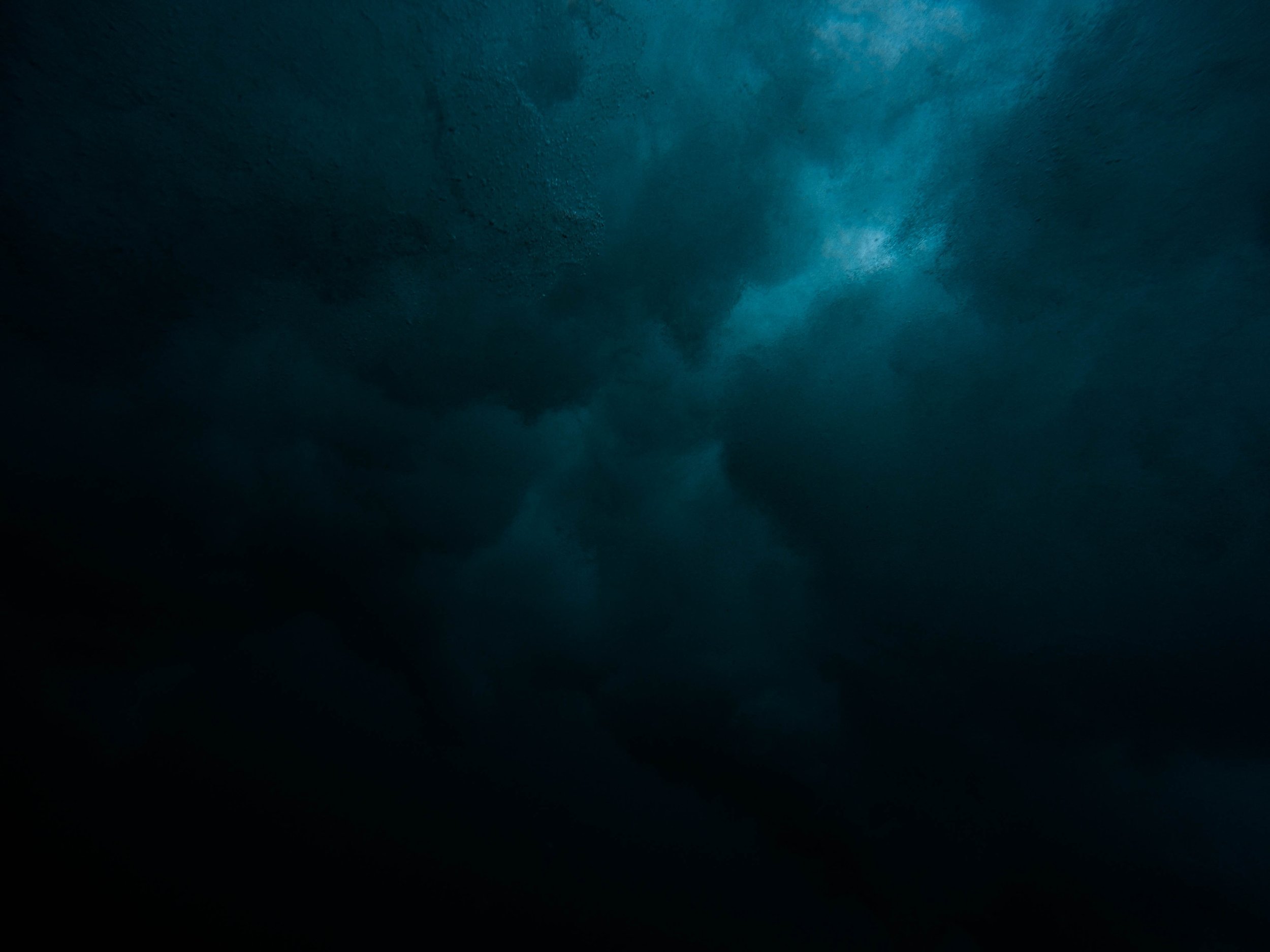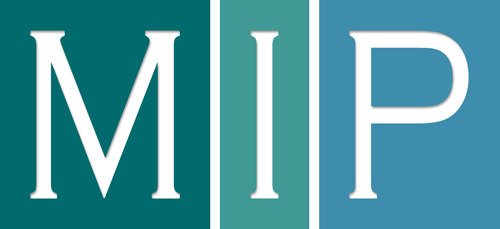
Training Program in Psychoanalysis for Academics
The Training Program in Psychoanalysis for Academics is suitable for academics from multiple disciplines who are interested in immersing themselves in the theories of psychoanalysis to enrich their academic pursuits from this interdisciplinary perspective. Academic candidates join an intimate learning cohort of accepted clinical candidates and progress together through a pedagogical journey into a deeper understanding of the human mind and psychosocial condition.
CURRICULUM OVERVIEW
The program requirements for Academic Track candidates include four years of theoretical coursework in comparative psychoanalytic theory and technique. Academic candidates take 2 theory classes per semester for 4 years but do not join the clinical candidates for the clinical seminar class. Candidates also undergo a personal psychoanalysis and are expected to complete a final project.
SCHEDULE & LOCATION OVERVIEW
The training program coursework takes place on Fridays from 11:00 am–2:30 pm over 24 weeks during the academic year. During our Winter intersession, additional coursework and electives are offered. Classes meet in person with occasional online learning opportunities during electives or required intersession courses. Cohorts are small (8 people or less) and classes tend to meet in private offices in Boston and and the surrounding metropolitan area.
WHO CAN APPLY?
This program is suitable for academics from multiple disciplines (e.g., philosophy, gender theory, sociology, history, etc.) who are interested in immersing themselves in the theories of psychoanalysis to enrich their academic pursuits from this interdisciplinary perspective.
TUITION & FEES
A $130 application fee is due with a completed application. Tuition per academic year is $1400 ($700 per semester). Additionally, candidates are required to maintain their MIP membership dues at the Candidate in Class rate of $425. Fees for the personal analysis are arranged by the candidate and the analyst. We offer free tuition for applicants who identify as people of color. Need-based scholarships are also available.
Core Curriculum
Below is an overview of the 4-year curriculum for the Four Year Training Program in Psychoanalysis for Academics. Syllabi and faculty are subject to change year to year.
FIRST-YEAR
Fall: Psychoanalytic Technique
Fall: Comparative Psychoanalytic Theories I
Spring: Culture and Psychoanalysis
Spring: Comparative Psychoanalytic Theories II
SECOND-YEAR
Fall: Theories of Development I
Fall: Theory IV: Klein, British & American Object Relations Theorists
Spring: Psychoanalytic Technique II
Spring: Theory III: Contemporary Relational Psychoanalysis
THIRD-YEAR
Fall: Theories of Development II: Adolescence & Affect and Mentalization
Fall: Freud and Classical Theory
Spring: Gender and Sexuality
Spring: Self Psychology and Contemporary Intersubjective Models
FOURTH-YEAR
Fall: Dreams
Fall: Psychoanalytic Technique III
Spring: Elective
Spring: Contemporary Theory and Technique
Additional Training Requirements & Details
-
MIP regards the personal analysis as a vital part of a candidate’s clinical training. Because MIP does not have a training analyst system, candidates may freely select a psychoanalyst who has graduated from a qualified analytic training program who is in good ethical standing and who meets the approval of the MIP Training Committee. Since the privacy of the treatment is deeply respected, the personal analyst does not report to the Institute. Candidates are required to be in a 4 times per week analysis to begin their supervised analytic cases. Candidates who have finished an analysis prior to entering MIP may request that analysis be accepted as sufficient to meet the requirement.
-
MIP offers many opportunities for further learning and specialization beyond the core 4-year curriculum. The Training Program in Psychoanalysis offers specialized weekend workshops to candidates throughout their 4 years. Required courses include: Infant Research, the work of Beatrice Beebe, Development, taught by Norka Malberg, a course on D.W. Winnicott and a course on Ethics. In addition, candidates are required to take three additional MIP Continuing Education courses offered through our Psychoanalytic Dimensions catalog which are offered throughout the year.
-
For the Final Project, each candidate is required to choose a topic of theoretical or clinical interest to develop and write an expression of his/her own creative involvement with psychoanalysis. Topics chosen have been highly varied and are always tailored to individual interests. While some projects are written (e.g., paper for publication), others are taught (e.g., teaching a “Psychoanalytic Dimensions” course). The Institute is open to creative and different modes of expression in the final project. The project is developed and presented to the Candidate Advisory Committee as a culmination of candidates’ training. Many projects have been subsequently published.
-
The Candidate Advisory Committee (CAC) is comprised of all three Supervisors, an appointed Liaison to the MIP Training Committee, and an Advisor if the candidate wishes to include one. The committee meets annually to discuss and promote the candidate’s progress during his or her training experience, to review ongoing cases, and to support the final project. The annual meeting is an opportunity for candidates to talk about their experiences both educationally and clinically and to invite the “team” to partner with them in setting further training-related goals.
Training Program Faculty
Admissions
The decision to seek formal psychoanalytic training is a very important personal, professional, and developmental step for a mental health clinician. The admissions process itself offers an opportunity to explore with colleagues in the field the educational and professional significance, meaning, and desires that inform this decision for each applicant. Below you will find information on the application process for the Training Program in Psychoanalysis for Academics.
ADMISSION DEADLINES & TIMELINE
Applications to be considered for entry into the class for 2025/26 will be accepted until April 15, 2025.
Interviews are conducted during May, after which the committee convenes for a series of meetings to consider each applicant in detail. Committee decisions are finalized by June 1. Classes begin mid-September.
ADMISSIONS PROCESS
The Admissions process involves the following components:
Completed application with provision of all supporting materials (CV, Personal Statement, Transcripts, 3 Letters of Reference, and optional Scholarship Requests)
Application fee: $130 (due with the completed application)
Up-to three interviews
TUITION ASSISTANCE
A small amount of funds are available to help reduce the cost of tuition for those applicants who have a financial need. Requests for tuition remission should be submitted on your application. We will ask you to submit an essay explaining your scholarship needs and your request will be considered separately from the admissions process, with no bearing on admission.
ADMISSIONS COMMITTEE
Graduate psychoanalysts of MIP comprise the Admissions Committee. Information obtained during the interviews, as well as private information contained in the personal statement is treated with strict confidentiality within the committee. Information regarding applicants’ personal treatment history is available only to the Institute Administrator and the Committee Co-Chairs. Committee Members recuse themselves from all group discussions involving applicants with whom they have a current or prior treatment relationship. See committee members here.
INTERNATIONAL STUDENTS
Please note that we are a small institute and are not SEVP-certified. Unfortunately, we are unable to assist international students in obtaining a visa.
FOR MORE INFORMATION
If you would like to speak with someone regarding the Training Program in Psychoanalysis for Academics or about the admissions process, application, and interviews, please contact us.
The Massachusetts Institute for Psychoanalysis has a strong and consistent commitment to equal opportunity and does not discriminate in any of its policies on the basis of age, disability, ethnicity, gender, gender identification, nationality, race, religion, and sexual orientation.
Training and Education at MIP
Four-Year Training Program in Psychoanalysis
Train in our unique program of in-depth study in comparative psychoanalysis, both theory & practice. In addition to our academic and clinical courses, candidates are free to choose their clinical supervisors & personal analysts.
Postgraduate Fellowship Program – Boston
The MIP Postgraduate Fellowship Program is a one-year program for mental health providers and scholars designed as a broad introduction to a range of psychoanalytic approaches and clinical applications.
Stechler Child & Adolescent Therapy Fellowship
The Stechler fellowship is a one-year postgraduate program covering topics in child and adolescent psychotherapy designed to help clinicians master the inherent challenges of working with children.
Postgraduate Fellowship Program – Western Mass
This one-year, weekly fellowship in Western Massachusetts' Pioneer Valley region offers mental health providers and scholars the chance to explore diverse psychoanalytic psychotherapy models and theories.
Advanced Candidate Training Program in Psychoanalysis
The Advanced Candidate Training Program in Psychoanalysis is designed for senior clinicians who have already attained substantial psychoanalytic training, in formal or informal ways.
Continuing Education Opportunities at MIP
We provide diverse opportunities for both members and non-members to engage in continuing education. Clinicians, academics, scholars, and anyone interested in comparative psychoanalytic thinking are welcome.
